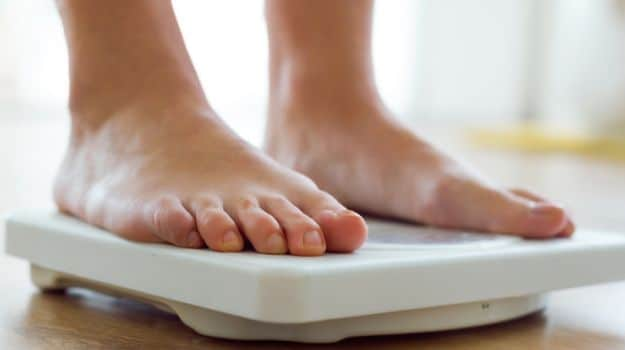Of all the things you thought were bad about weighing more than you'd like, you might not have thought of this: a possible unwanted pregnancy.
Research is raising new concerns that the most popular type of emergency contraception - morning-after pills made from the hormone levonorgestrel, which prevents ovulation - are less effective in women who weigh more than 165 pounds. (To put this in context, the average weight of American women in their 20s is 162 pounds; in their 30s, 169 pounds, according to the Centers for Disease Control and Prevention.)
Writing in Women's Health magazine, Elizabeth Dawes Gay starts with some background: In 2013, the European-made Norlevo added a warning on its packaging that the morning-after pill begins to lose effectiveness among women who weigh 165 pounds and isn't effective at all for women weighing more than 175. Although Norlevo is chemically identical to Plan B in the United States, the Food and Drug Administration said the data was inconclusive and did not require a warning here.
But a new study led by Alison Edelman, a professor in the Department of Obstetrics and Gynecology at the Oregon Health and Science University, compared the effectiveness of a levonorgestrel-based contraceptive among women whose BMI was in the normal range and some who were considered obese. They found that it took a double dose of the drug to raise the obese women's hormone level to that of the women of normal weight.
So Gay asks: Could overweight women compensate by taking two pills if they need emergency contraception?
"As a clinical provider, I would love to tell you yes," Edelman tells her. "As a researcher, it's not something we can recommend yet." What they have shown thus far is that the level of the ovulation-inhibiting hormone could be raised by a double dose; more studies will be needed to show how those hormones actually affect the women's ovaries.
(c) 2016, The Washington Post(This story has not been edited by NDTV staff and is auto-generated from a syndicated feed.)






